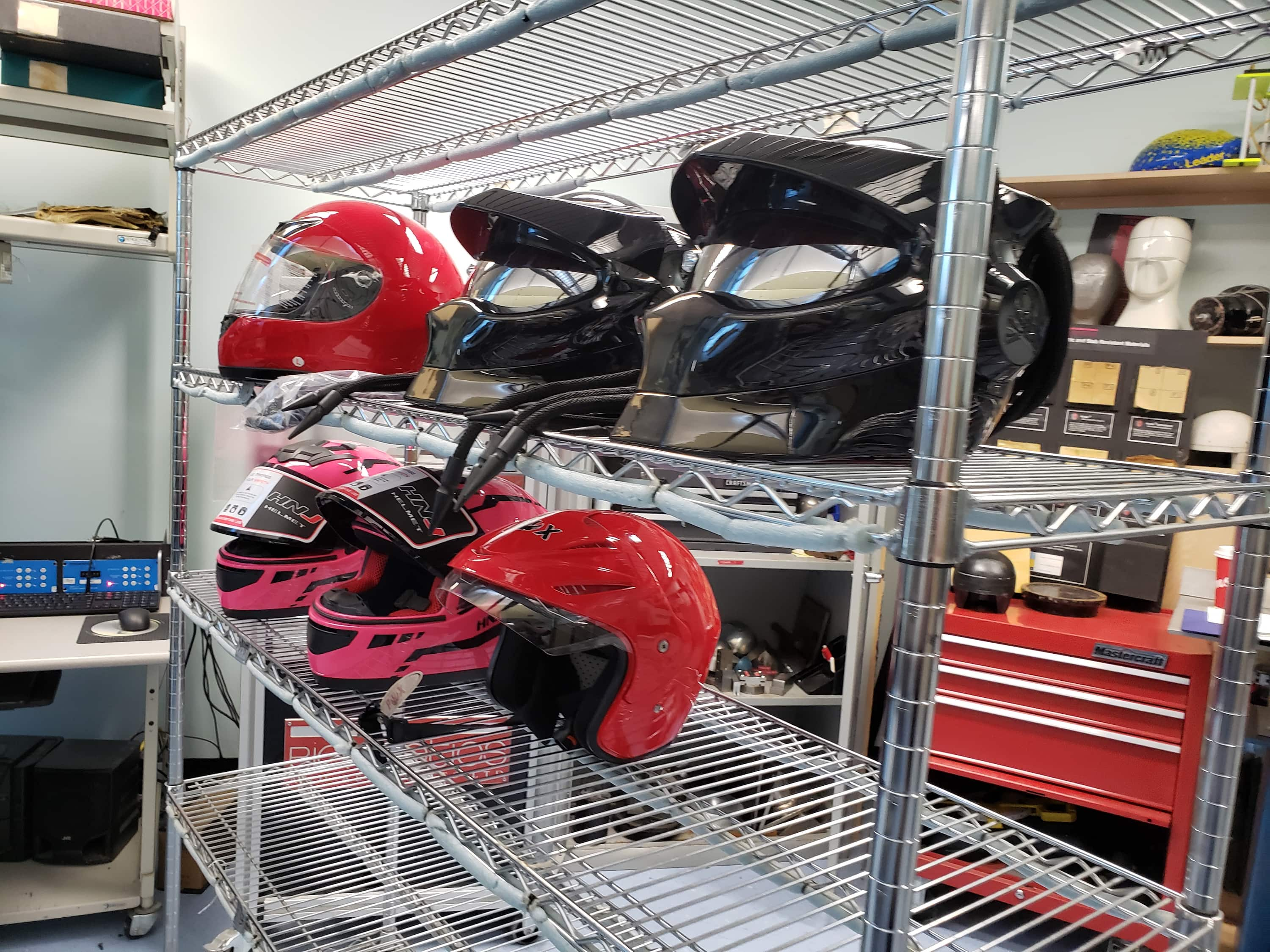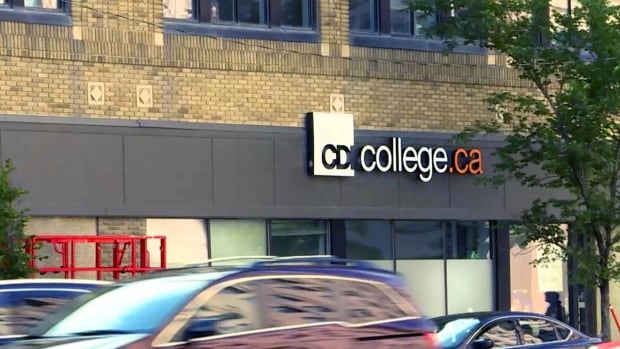
Miss something this week? Don’t panic. CBC’s Marketplace rounds up the consumer and health news you need.
Want this in your inbox? Get the Marketplace newsletter every Friday.
Some CDI recruiters are misleading students, according to latest Marketplace investigation
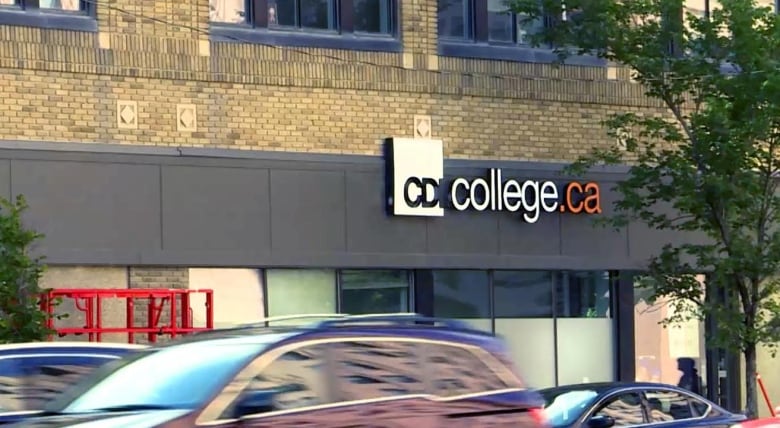
An investigation into CDI College, one of Canada’s largest for-profit career colleges, has found a pattern of misleading practices being used to pressure would-be students into signing up for online programs that can cost upwards of $20,000.
The college has been in operation for more than 50 years, with more than 20 locations in five provinces.
Marketplace has documented some CDI recruiters misleading potential online students on accreditation, salary and job rates after graduation, as well as signing up unsuitable candidates and pressuring students to enrol.
In a conversation with a CDI admissions representative, a Marketplace journalist asked if the human resources and payroll co-ordinator program is accredited and recognized. The recruiter said: “Oh, of course. We never offer any programs where it’s not accredited or recognized. We would not.”
The admissions representative also said that students in Ontario get jobs “only because it’s an accredited program.”
But Marketplace has found that the majority of CDI’s online programs are not accredited by a third-party or accrediting body. One CDI education manager in the online division also admitted in an email to a former student after they enrolled that “very few of our programs are accredited.”
While not responding to specific Marketplace findings, CDI College said that “it is possible there [might] be cases where employees may do something not condoned by the school.”
The college added: “We acknowledge that there have been issues in several areas of delivery and are continuously working on several initiatives to address those shortcomings.” Read more
You can watch the full Marketplace story, “Getting Schooled: Investigating CDI College,” on Friday at 8 p.m. (8:30 p.m. in N.L.) on CBC Television or CBC Gem.
Why you’ll want to think twice before buying a motorcycle helmet online
They’re the only thing protecting your head from the pavement in a crash, but are all motorcycle helmets built the same? Marketplace puts motorcycle helmets from third-party sellers on Amazon, eBay and Walmart to the test, and shows how easy it can be to fall for fake safety certifications.
A Marketplace investigation has found that some motorcycle helmets purchased from popular websites would crack and fall apart in a crash — and that the safety certifications on them are counterfeit.
Marketplace purchased helmets for sale on Amazon, eBay and Walmart’s marketplace, advertised as U.S. Department of Transportation (DOT) certified.
Manufacturers, who are responsible for conducting testing, include the letters “DOT” on the back of a helmet to indicate the helmet has met or exceeds the U.S. Federal Motor Vehicle Safety Standards. It’s one of the three required safety certifications for motorcycle helmets in Canada.
But despite advertising that says the helmets were safety certified, Marketplace found that each helmet failed portions of the safety standard, which, according to experts, means the DOT certifications were counterfeit.
After Marketplace told Amazon, eBay and Walmart about the helmets’ counterfeit safety certifications, all platforms removed the listings identified. Read more
In case you missed it, you can watch the full helmet testing investigation any time on CBC Gem.
You might have to pay more — and search harder — for a Christmas tree this year
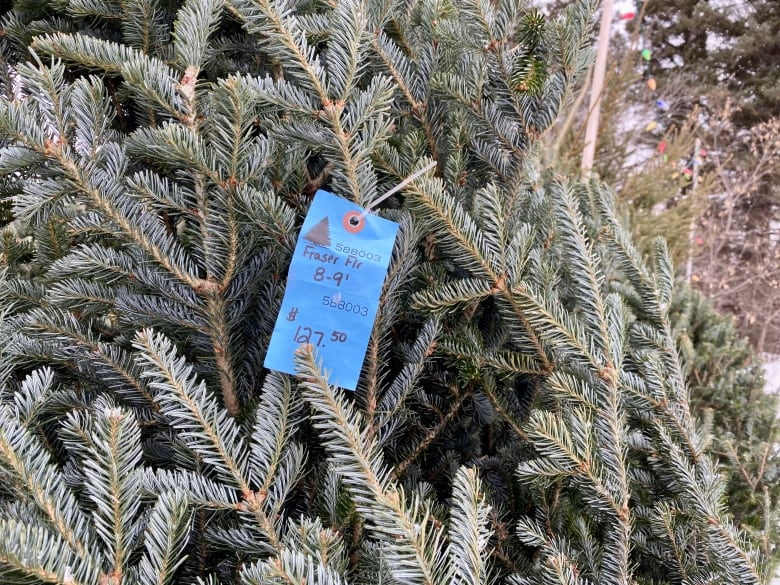
If the pain of inflation is already cutting into your holiday gift-giving plans, prepare to pay more to decorate, too.
The average cost of a Christmas tree is up — like everything else this year — thanks to higher fuel, fertilizer and labour costs, climate change, higher insurance rates and, according to several growers, a continent-wide shortage of trees.
“On average across Canada, you’re going to see about a 10 per cent increase, and that is solely because of the expenses that it’s costing the farm,” said Shirley Brennan, executive director of the Canadian Christmas Trees Association.
She says the cost of fertilizer alone went up about 25 per cent in the past year. In some regions, farmers say it’s up as much as 50 per cent.
But if having a fresh-smelling, newly cut Christmas tree warms your heart, don’t panic.
Despite the decrease in Christmas tree farms and the number of trees being grown, business is still booming. The industry is estimated to be worth more than $100 million today, compared with $53 million in 2015. Read more
This man could see the private data of other Brinks customers through his home security system — for months
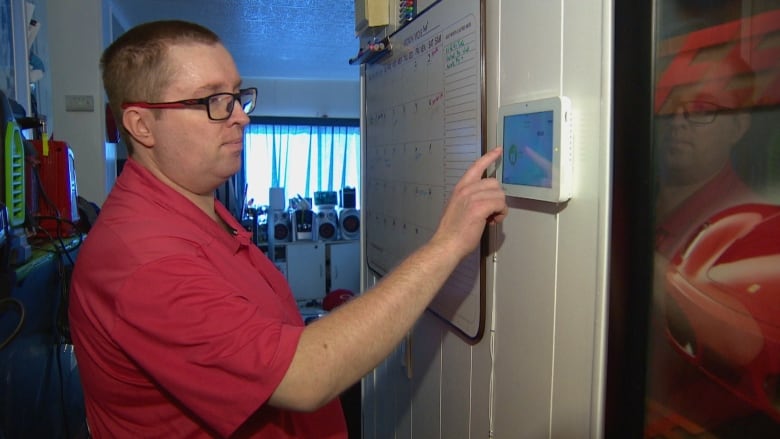
When Andrew Kopp was having trouble with the door sensors on his new Brinks home security system, he thought a call to technical support would fix it.
Instead, when he logged into his system’s online portal, he saw the addresses, names, phone numbers, emergency contacts and account payment history of approximately 100 other customers.
Kopp could even view specific things about other customers’ home security systems, such as security equipment details and locations of security zones within their homes.
“My reaction is, [this is] kind of crazy. I really don’t feel that they’re safeguarding other people’s information,” he said.
Even after Kopp reported the issue, months later he was still able to access the private information of others.
Despite multiple calls, Kopp said he got no response from Brinks until CBC’s Go Public began investigating.
Brinks offered no explanation for the cause of the problem, though it indicated it was an error and not the result of a hack.
The company called it an “isolated issue” that leaked the data of “a small subset” of its customers. “No banking or financial information was visible,” it said. Read more
What else is going on?
Alexa, is the voice-assistant industry doomed?
Big tech companies are reportedly struggling to fully monetize the smart speakers and are losing money on the expensive AI.
Ontario pharmacists will soon prescribe some medications, but it’s not clear who will pay for it
With new powers being granted to pharmacists on Jan. 1, they’re still waiting on funding details from the province’s Ministry of Health.
Could Taylor Swift have stopped the Ticketmaster fiasco?
Experts say: yes.
RBC is buying HSBC Canada for $13.5 billion
It’s the most expensive deal between two Canadian banks ever.
Marketplace needs your help

Are you or your family trying to find an affordable place to rent, and are you open to appearing on camera? We want to hear from you. Email us at [email protected].

Have you recently hired a repair or tradesperson through an online platform or app? If so, we’d like to hear about your experience. Email us at [email protected].

Interested in helping us improve CBC’s newsletters? The CBC Research team is looking for newsletter readers like you with opinions to share. Click here to participate in a short survey.
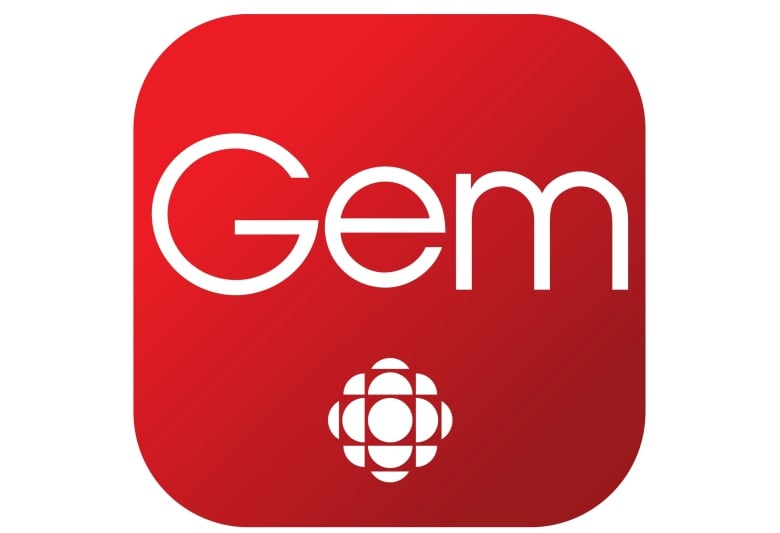
Catch up on past episodes of Marketplace on CBC Gem.
